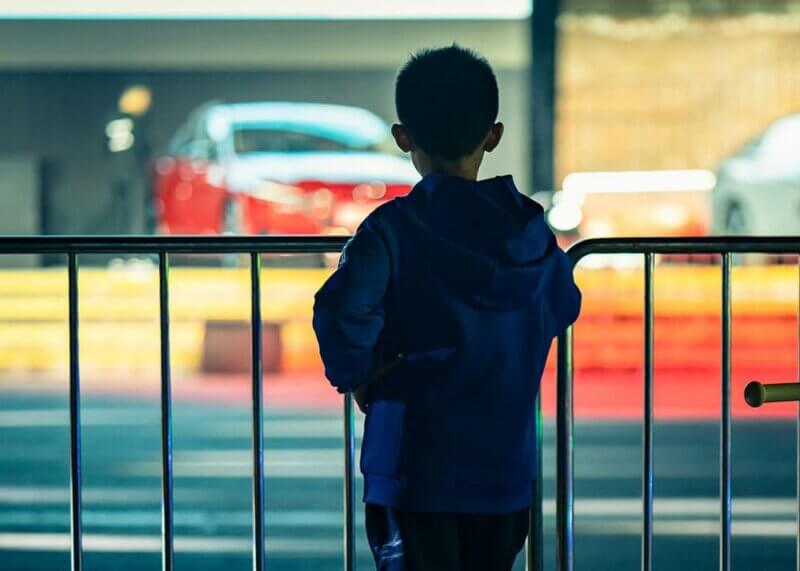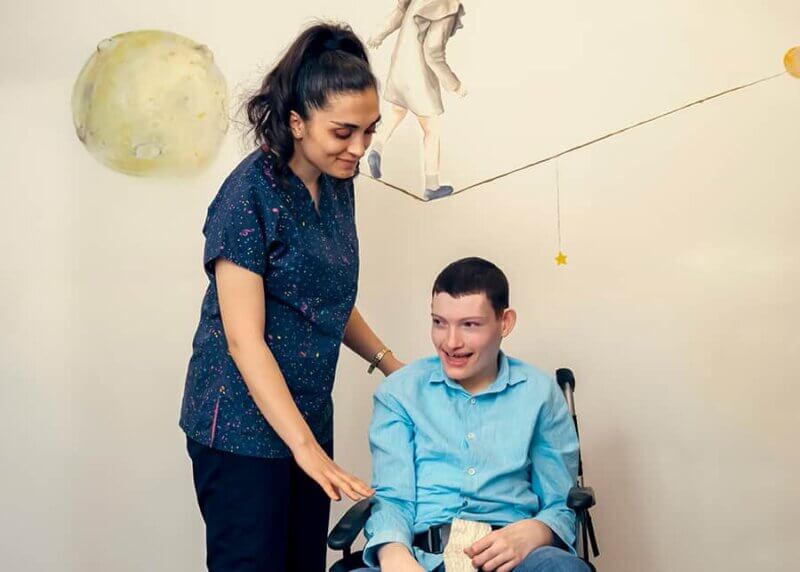How to Use Prompts Effectively with Autistic Individuals
Prompts can be used by anyone who is teaching or showing another person a new skill or task. They are additional cues which are delivered following an instruction, designed to help a person learn what the appropriate response is in a certain situation. Prompts are teaching tools that support efficient learning and lower frustration. They also support errorless learning by…















